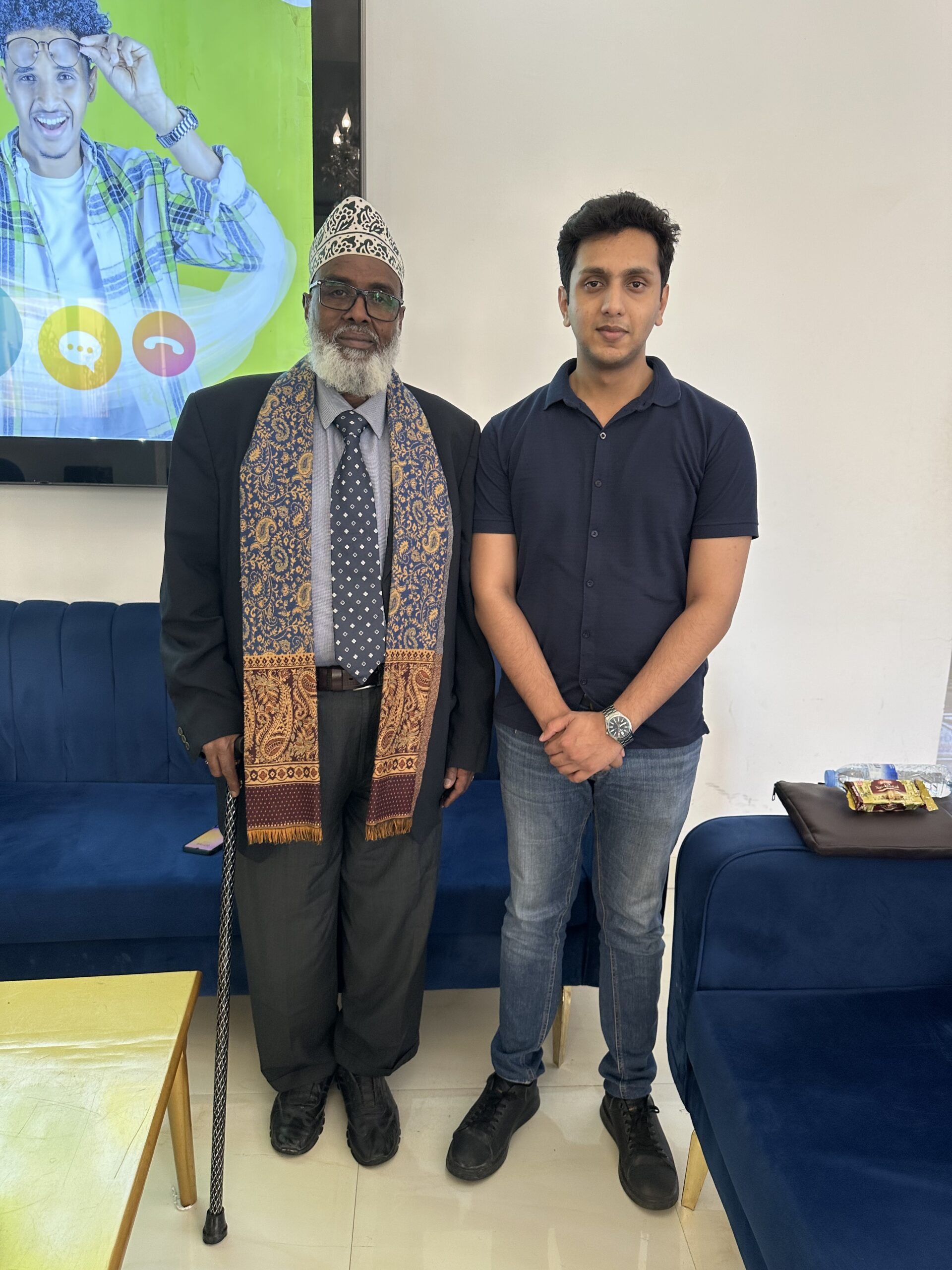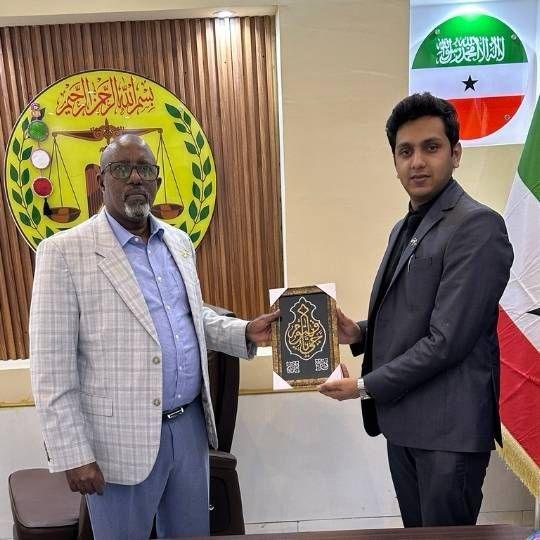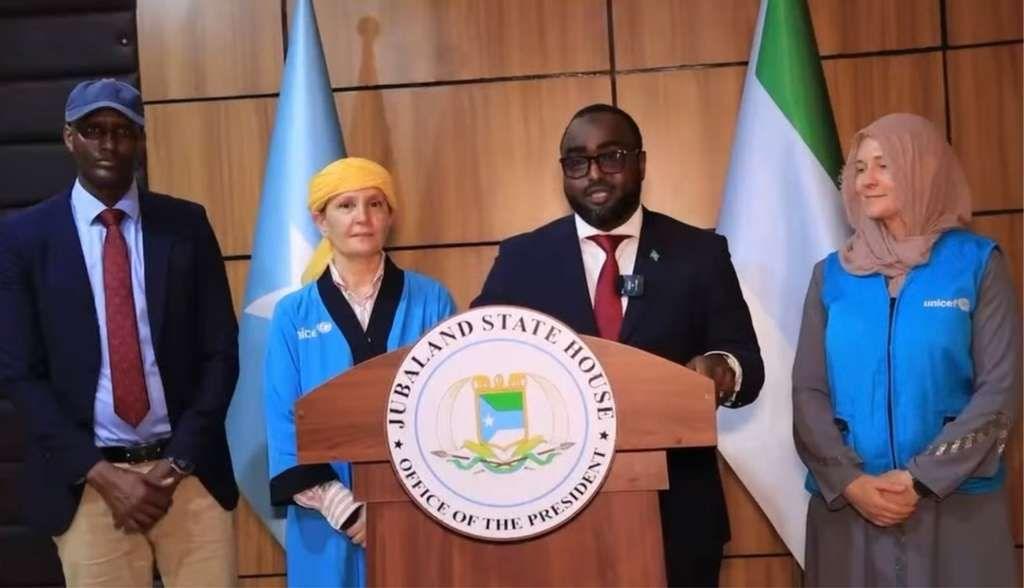Hargeisa, Somaliland – In a diplomatic exchange emphasizing national unity, Abdul Rafay Afzal, Editor-in-Chief of The Advocate Post and President of the Civil Society Network Pakistan, met with Sultan Saeed Yusuf Dualeh, a respected traditional leader from Sanaag region in Somaliland called Sultan. The discussion focused on Somaliland’s unique blend of traditional governance and modern institutions, while consciously avoiding any emphasis on individual clans over others.
Cultural Heritage and National Unity
Afzal’s visit underscored Somaliland’s ‘nation-first approach, recognizing clans as part of Somaliland’s historic cultural fabric rather than political divisions. Somaliland clans’ traditional leaders have played a key role in Somaliland’s stability and economic growth.
However, the discussion emphasized inter-clan cooperation and Somaliland’s unified governance model.
“Somaliland’s strength lies in its ability to harmonize traditional leadership with democratic institutions,” Afzal noted. “While clans are part of Somali heritage, the focus must remain on national progress.”*
Economic and Governance Insights
Key topics included:
– Balancing tradition and modernity: How clan structures contribute to conflict resolution while supporting state institutions.
– Investment opportunities: Somaliland’s growing ports, agriculture, and renewable energy sectors.
– Regional stability: The importance of inclusive policies to ensure all communities benefit from development.
A Model for the Horn of Africa?
Unlike neighboring Somalia, Somaliland has maintained relative peace by integrating clan leadership into its governance. Afzal’s visit highlights the potential for Pakistan-Somaliland collaboration in trade, education, and civil society development—with a focus on unity over tribalism.
“Somaliland’s success is a testament to its people-first approach,” Afzal remarked. “The world should recognize its achievements in stability and self-governance.”





